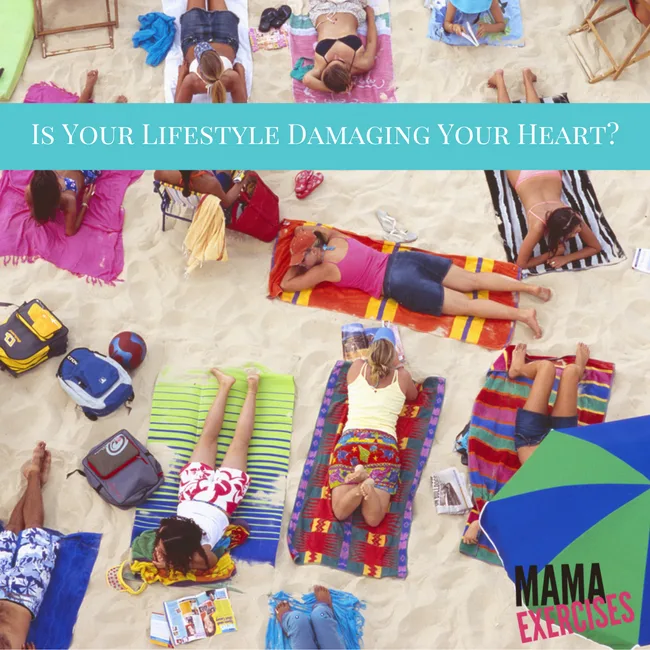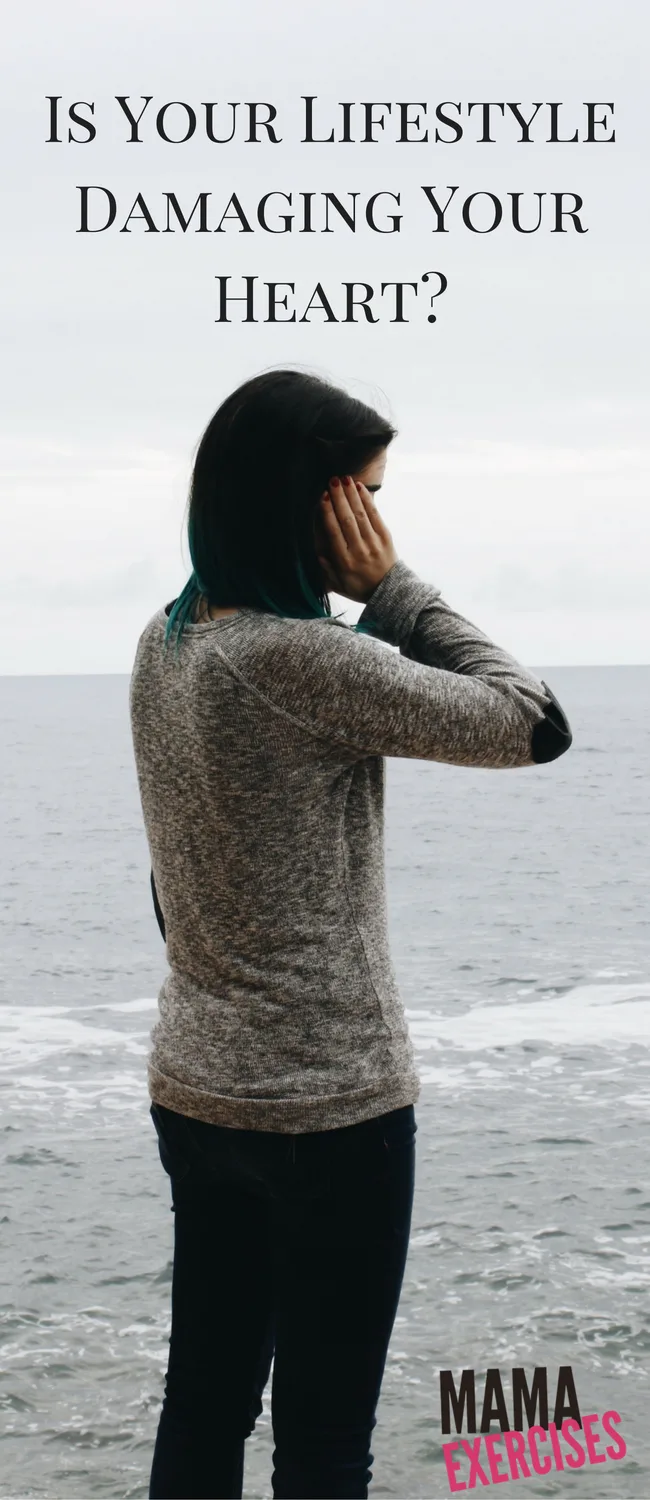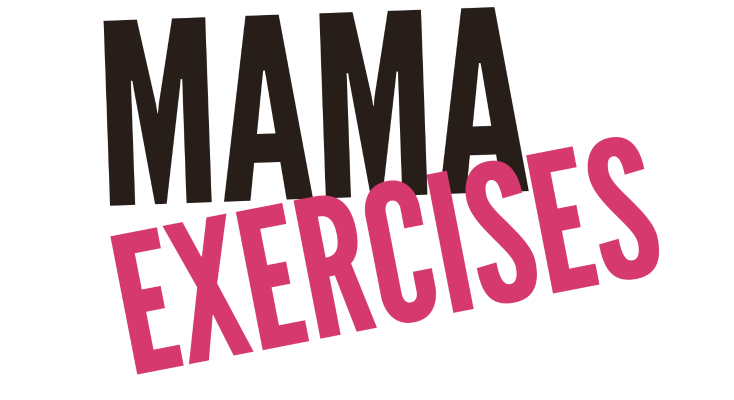
Did you know that something as simple as being a night owl versus an early bird is thought to be genetic? The main reason is that people with parents who are night owls tend to end up as night owls too, and vice versa. It makes sense when you think about it, but who would have thought?!
I’m an early riser and, I guess not surprisingly, so are my parents. I’m not sure if it’s just from years of getting up early on purpose or if there’s something genetic about it, but science and research would push me to examine the biological correlation. I guess I should apologize to my kids now, because they’re going to be joining the 5am gym club too at some point in their future!
It’s thought that other personality factors are also genetic, and these personality factors can absolutely affect your heart health in either good or bad ways. Can you relate to any of these?
Is Your Lifestyle Damaging Your Heart and Can You Change It?
* Night Owls
People who feel more comfortable staying up late and sleeping in are known as night owls. I’m sure my friends of teens can relate to this set of people! Many night owls tend to also have problems falling asleep at night, which is why they often don’t want to get up in the morning. (Hello, teenage children, I’m talking about you here!)
Night owls feel more productive in the afternoon than they do before noon. Which is why there’s such a push to get high schools to start the school day later. Who – adult or teen – can really function and think clearly at 7:20 in the morning?!
Night owls are often more likely to take risks – like driving when tired, which can put them in more danger for accidents.
How does this affect your heart? Well, if you’re still getting seven hours of sleep a night, your odds of heart issues don’t tend to increase. You just need the rest, so take it!
One exception to that is people who work third shift. The tough change can impact your circadian rhythms , or the way that your body cycles through the day. Sunlight triggers your body the most and can make it difficult to fight your circadian rhythm to stay awake with the sun and sleep when it’s dark. That lack of rest can impact your overall health.

* Early Birds
Hey, these are my people! Most early birds are happier than people who aren’t up and about with the sun. We also tend to have better sleep patterns than most, but not always. Honestly, some night I don’t sleep all that great.
We do have high expectations and can have stress about others who aren’t on the same schedule as we are, though. That can make school mornings tough when our night owl teens don’t want to get up and get moving! We also run into trouble when we want to stay up later in social situations, and can suffer from a type of “jet lag” if we do. Functions that last after 9pm? Forget about it!
I’ve found that the best thing for us early birds to do is to embrace our rise with the sun ways and try to keep the same schedule on weekends as we have during the week. In fact, I often get some of my most productive time in early on Saturday and Sunday mornings – or I slack off completely and read a book or catch up on a show. It’s all about balance, right?
* Type A’s
The “type A” personality is usually very hard on themselves and others. They have high expectations and intend to live up to them. They tend to worry a lot about things they can’t control and have trouble making decisions, which can cause them to have a lot of stress in their lives. They tend to have trouble falling asleep regardless of being a morning person or a night person.
This kind of constant pressure and stress is dangerous for their health and can lead to cardiovascular issues and a damaged heart. Usually, type A personalities are exceptionally stubborn, as well. So, getting them to slow down and go to the doctor or change their habits to something a bit more relaxing is really challenging. The stress adds up and can really damage the body from the inside out.

* Extroverts
Chances are you identify yourself as more of an extrovert or an introvert. If you’re an extrovert, you love being around and helping people. You crave jobs with a lot of social interaction and, when you have to be isolated for long periods of time, you quickly become anxious and antsy. Long periods of isolation is your worst nightmare.
Extroverts get their energy from being around others, so when they are separated from people, they can get depressed. Depression and heart health are closely linked and doctors have seen that the more depressed people are, the more likely they are to experience cardiac issues.
* Introverts
Unlike the extroverts above, introverted people prefer to be alone most of the time. Introverts tend to suffer from more depression than extroverts, which can make them more likely to get diseases that affect the health of their hearts.
Introverts have a lot of social anxiety too, which can make them even more stressed out if they’ve chosen the wrong career for their personality type. Just like with extroverts, the stress of being in careers that aren’t a good fit can lead to problems with their hearts.
The good news is that most people fall somewhere between the two extremes of extrovert and introvert. The key is to figure out which situations bring about the most stress and avoid them.

* Depression
While doing research for this article, I came across an article from John Hokpins where one cardiac specialist explained the correlation between depression and heart health.
“What we can say with certainty is that depression and heart disease often occur together,” says Dr. Roy Ziegelstein, Executive Vice Chairman, Department of Medicine. “About one in five who have a heart attack are found to have depression soon after the heart attack. And it’s at least as prevalent in people who suffer heart failure.”
Finding strategies to combat the depression in healthy ways is important. Seek help from your doctor, talk with a counselor or therapist, exercise, and reach out to those who love you. Oftentimes, those things are the hardest to do when you’re depressed, but they’re the most important. Likewise, if you know someone who is depressed, reach out and help; you can make a difference to their heart health and overall well-being.
* Pessimism
People who are pessimistic see the dark side of almost everything. They lack hope. Being dark can affect the health of your heart, as well as your relationships.
Make an effort to name, out loud, five good, beautiful, hopeful things about the day – every day. “The sun is shining. The rain is watering the plants. I have food to eat. I have clean clothes. I have a warm home.” Whatever it is, look for something positive. The more you accentuate the positive and hopeful, the less room there is for the negative and dark.

* Optimism
People who have a great outlook on life are much less likely to suffer from anxiety, stress, and emotional issues. It doesn’t mean you’ll never have heart health issues though. And, while I consider myself optimistic, I definitely do have issues with anxiety and stress! Optimism is not an all or nothing thing.
Studies show that optimistic people tend to believe they have control over their health, and it shows because they tend to recover at a higher rate when they are ill.
How Does Your Heart Health Add Up?
One thing to remember is that while genetics may spur you to be one of these personality types or have some of these characteristics, you’re not stuck with it. There is nothing that you can’t change or modify. You have control over your life, and you can make choices to be different and create healthier habits. The changes that you make will have your heart thanking you.
Here’s wishing you a healthy, happy heart!
xo,
Brandi
Save this article for later! Pin the image below!

Resources and Studies:
